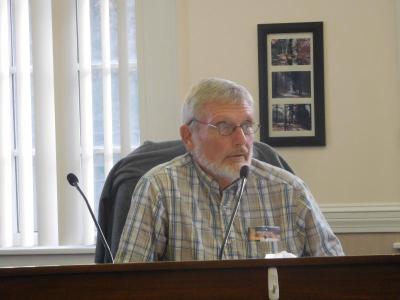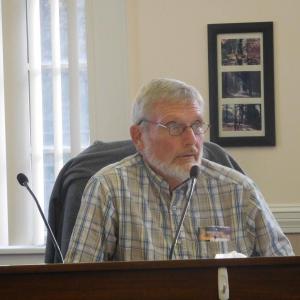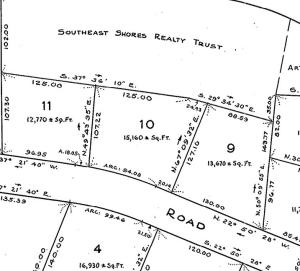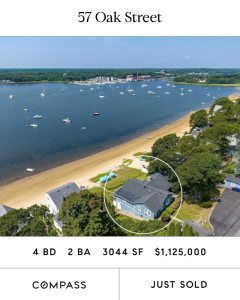Rochester weighs in on Waste District moves
Story Location
United States
CARVER — Rochester isn’t in the Carver Marion Wareham Regional Refuse Disposal District, but it’s still concerned with traffic around the District’s transfer station and rising sticker fees.
In a meeting with the District’s Executive Director Jeffrey Osuch on Sept.18, Rochester officials brought up town privileges pertaining to the District’s transfer station on Route 28.
The director met with the Rochester planner, conservation agent, chief of police, town administrator, Selectman Brad Morse, and the town health agent in the morning. That evening, he filled the District’s committee in on the issues discussed in the morning meeting.
The three-town district negotiates jointly with Covanta SEMASS on waste disposal and operates a transfer station in Marion.
The District had considered adding a second entry to the Route 28 transfer station to cut down on traffic backup there with cars both entering and exiting on Route 28.
However the Rochester representatives raised two issues with the second entrance. Officials brought up plans to add a second asphalt plant in the area, and develop on both sides of Route 28 and 58.
With all the planned development, Rochester officials were concerned with more traffic in the area from a second transfer station road.
Osuch said he would be able to get more details from Rochester next week.
“In the worst case, we live with the existing entrance and whatever [traffic] issues develop, develop,” Osuch said.
The director also said that the meeting marked the first time he had heard of a 1998 agreement between the District and Rochester which waives the transfer sticker fees for Rochester residents as long as the transfer station is in town.
The District has collected fees in the past from its three member towns and Rochester. Now that the District’s plan with Covanta SEMASS is scheduled to end in 2020, it is relying more on sticker fees and raising them to $125 to cover operating costs.
Osuch said after the meeting that he did not think the District would increase the sticker cost to make up for Rochester residents not paying. Sticker costs may increase after two years as the Waste District figures out how to handle new disposal costs for waste, after its contract with Covanta, which allows the towns to dispose of waste for free, ends.






























